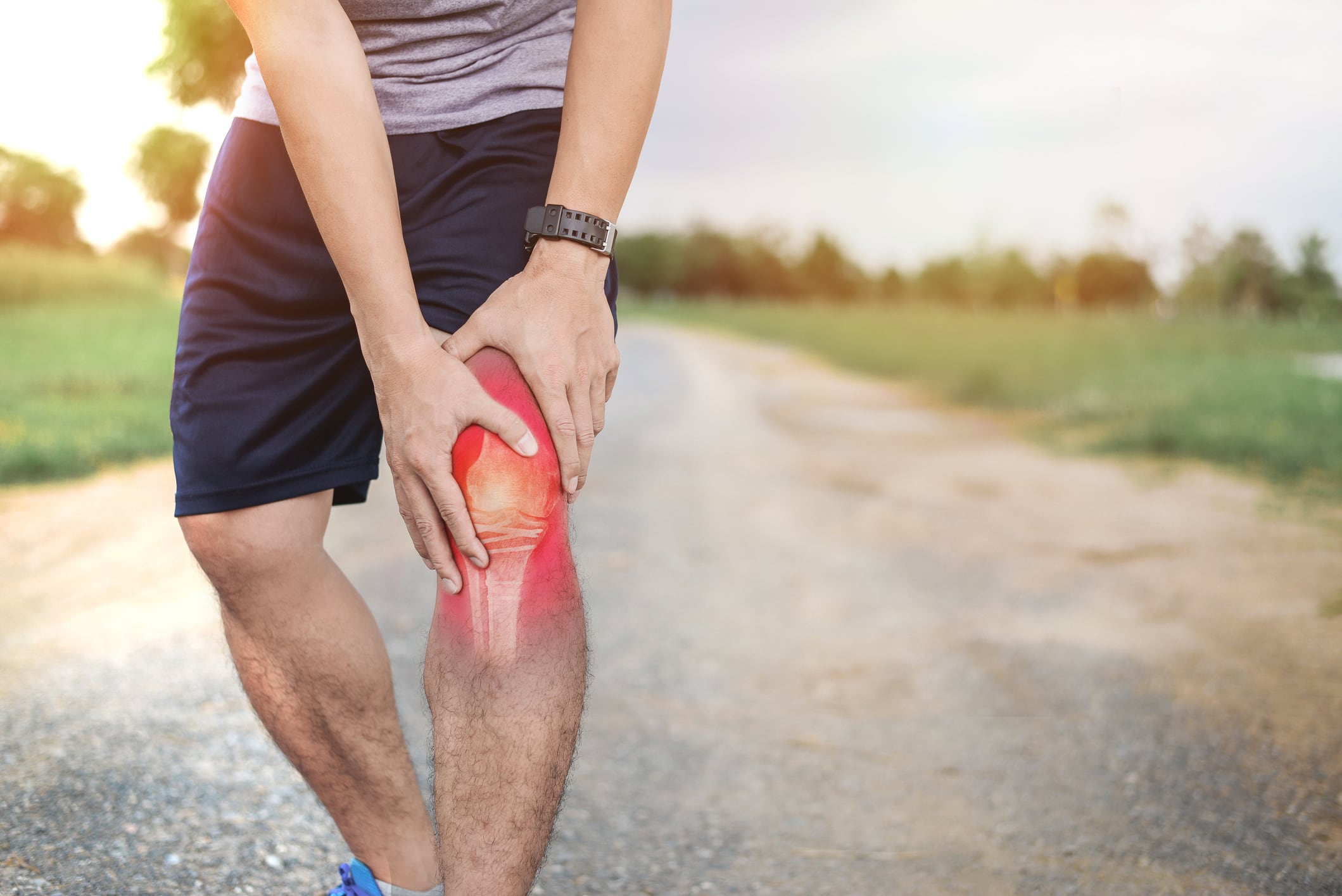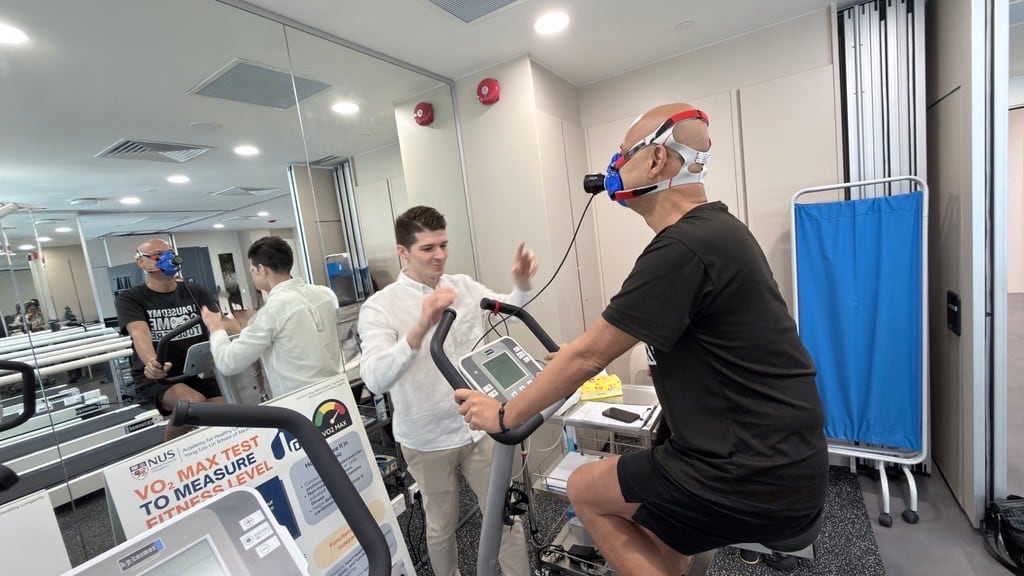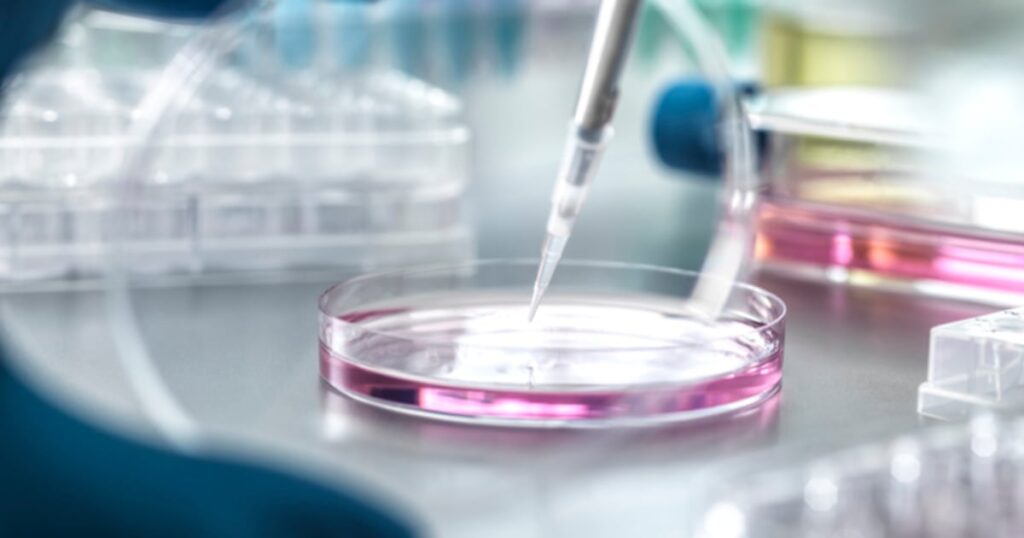A randomized, double-blind, placebo-controlled clinical trial in South Korea has found that daily low-molecular-weight collagen peptides improved several signs of skin aging in healthy adults within eight weeks, with benefits that lasted two weeks after stopping.
The study, conducted by researchers at the Korea Institute of Educational Facility Safety and Nongshim Co., Ltd., enrolled 70 adults aged 20 to 59 and tested a branded ingredient, NS Collagen Peptide, at 1,650mg per day.
Those who took collagen showed fewer wrinkles that improved over time. For instance, crow’s feet around the eyes were observed to be shallower by day 10.

A six-month clinical trial by Pusan National University has found that taking 3,000mg of low-molecular-weight collagen peptides (LMCP) daily helped reduce knee pain and improve movement in adults with early knee osteoarthritis.
A total of 80 adults aged 40 to 75 and had mild osteoarthritis were randomized to take either collagen peptides or placebo daily for 180 days.
After six months, participants who took collagen peptides had significantly less knee pain than those who took the placebo. On average, WOMAC pain scores dropped by 1.9 points in the collagen group but increased by 0.6 points in the placebo group.

A 12-week randomized trial by the National University of Singapore (NUS) has found that daily 5-hydroxytryptophan (5-HTP) supplementation modestly improved a global cognitive test and reduced depressive symptoms in community-dwelling older adults.
The intervention also raised blood serotonin, the neurotransmitter 5-HTP helps produce. However, anxiety scores and Alzheimer’s-linked blood proteins did not change.
A total of 30 adults with a mean age of 66 to 67 were randomized to take either 100mg 5-HTP nightly or placebo.

The National University of Singapore’s (NUS) medical school has opened a new clinical trial center in its bid to drive research in the emerging field of healthy longevity and geromedicine.
Abbott Nutrition, Danone, Haleon, and L’Oreal are some of the industry partners that the centre is working with.
“Aging is one of the greatest challenges confronting the world today. While Singaporeans are living longer, the last 10 years of life are often spent in ill health,” said Professor Chong Yap Seng, dean, NUS Medicine.

Nicotinamide mononucleotide (NMN) has gained traction as an anti-aging ingredient, but a 12-week study funded by Mitsubishi Corporation Life Sciences – said to be “first of its kind” human clinical trial – showed that it could improve hair health too.
A key finding was that NMN supplementation has led to a significant increase in hair length growth at the anagen phase, based on TrichoScan analysis.
Terminal hair density three days after shaving also increased significantly from 38.6 ± 33.7 to 66.2 ± 15.1hairs/cm2.

